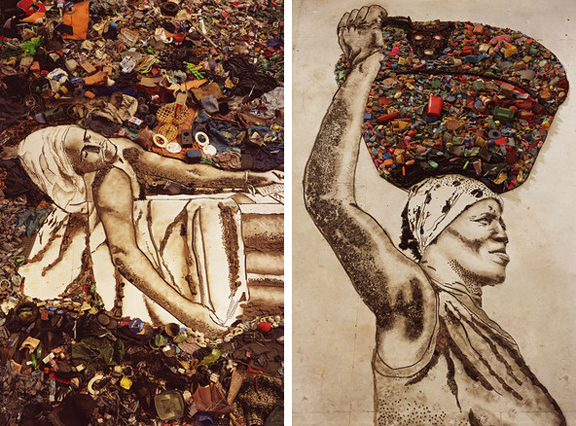The current environmental and social issues we are experiencing in 2020 make imagining the year 2030 a very interesting challenge. I can imagine both an idealistic and catastrophic future that is entirely dependent on how we respond to our current natural and social climate. In 10 years, our generation will be assuming positions of power, and we can choose to steer away from destruction.
In 2030, the effects of climate change will still be felt heavily pronounced around the world, and the impact on industrial first world countries will bring more unrest but also more collective action is dismantling the system that currently allows mega-corporations to reign unchecked. There will be more jobs in clean energy, and people will be supporting sustainable practices in farming and fishing etc. The cultural shift in opinion around climate change will come with a transition in the public away from selfish and cynical ideologies towards upholding collective, generous, and attentive values. This transition will demand people to change their habits of consumption, and there will be continued resistance.
Mass consumption of media and resources is not sustainable, but technology continues to make things faster and shorten our attention spans. There is a great amount of distractibility in the media and pop science we consume now, and that can entertain illusions about reality. We’re often so distanced and desensitized to the media we consume, and we move on to the next trending topic without much further discussion. The pandemic has derailed our lives and shaken our sense of comfort, but the shutdown has also given us a chance to finally slow down, self-reflect, and realize just how vulnerable and dependent we actually are. In 2030, I’d like to imagine that excessive and rapid consumption is no longer the accepted norm. This will not immediately fix or magically undo all of the environmental and social damage, but more people will pick their heads up and pay attention to problems they have managed/chosen to avoid.
The scariest thing I can imagine for the environment in 2030, however, is nothing. We are such a future oriented society, and usually people only think about extinction as a process that wipes out an entire species in every age group at once. But in the age of fossil fuels, extinction can happen covertly when the first days of life become simply too difficult for the youngest members of a species to survive. In 2030, there are no corpses making flashy trending headlines, just increasing handfuls of nothing. All of life has the right to renew, regenerate, and heal itself, and while the idea of absence is terrifying to me, I can only hope that the weight of it all will show people just how reliant on nature we really are.


